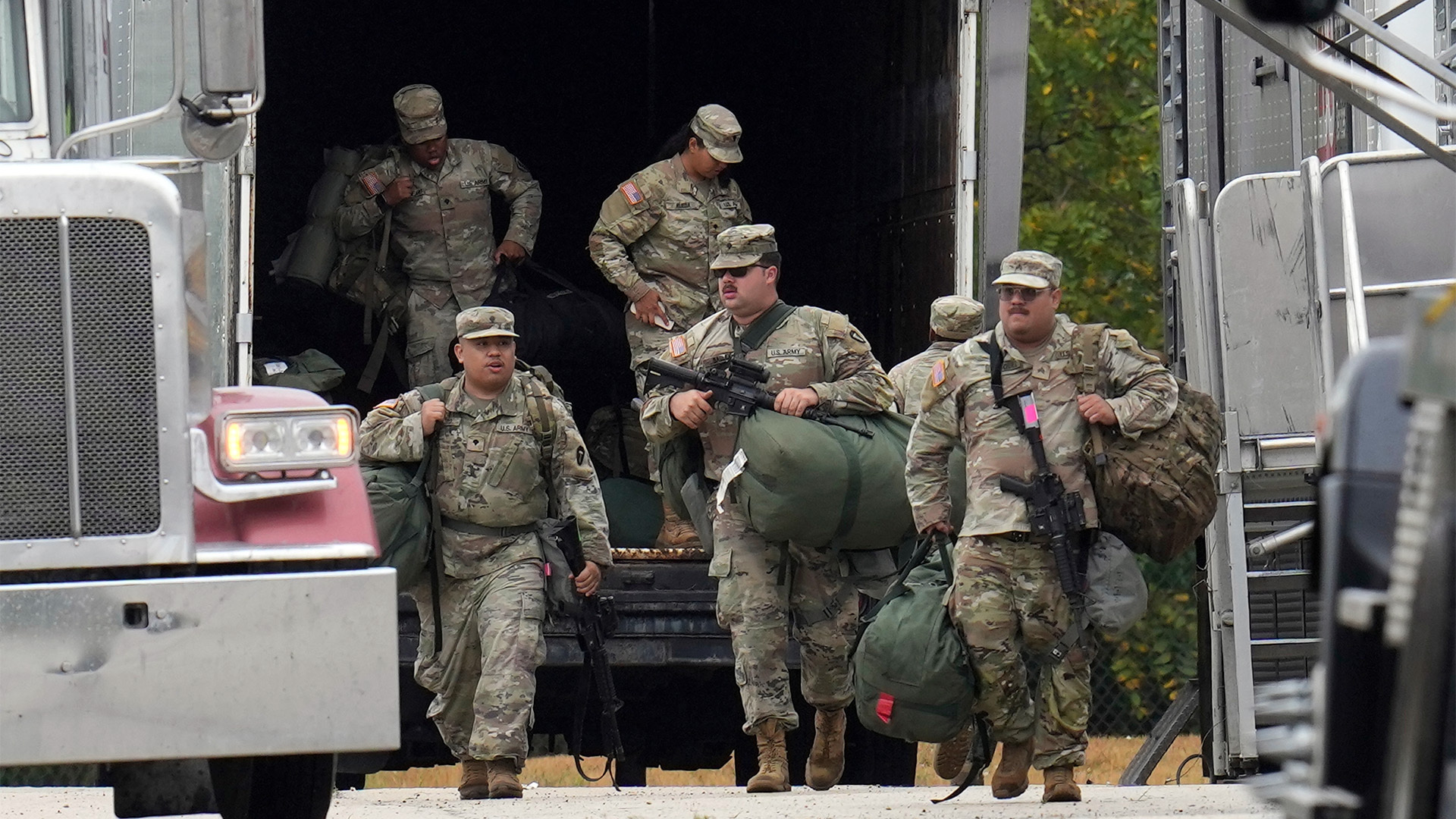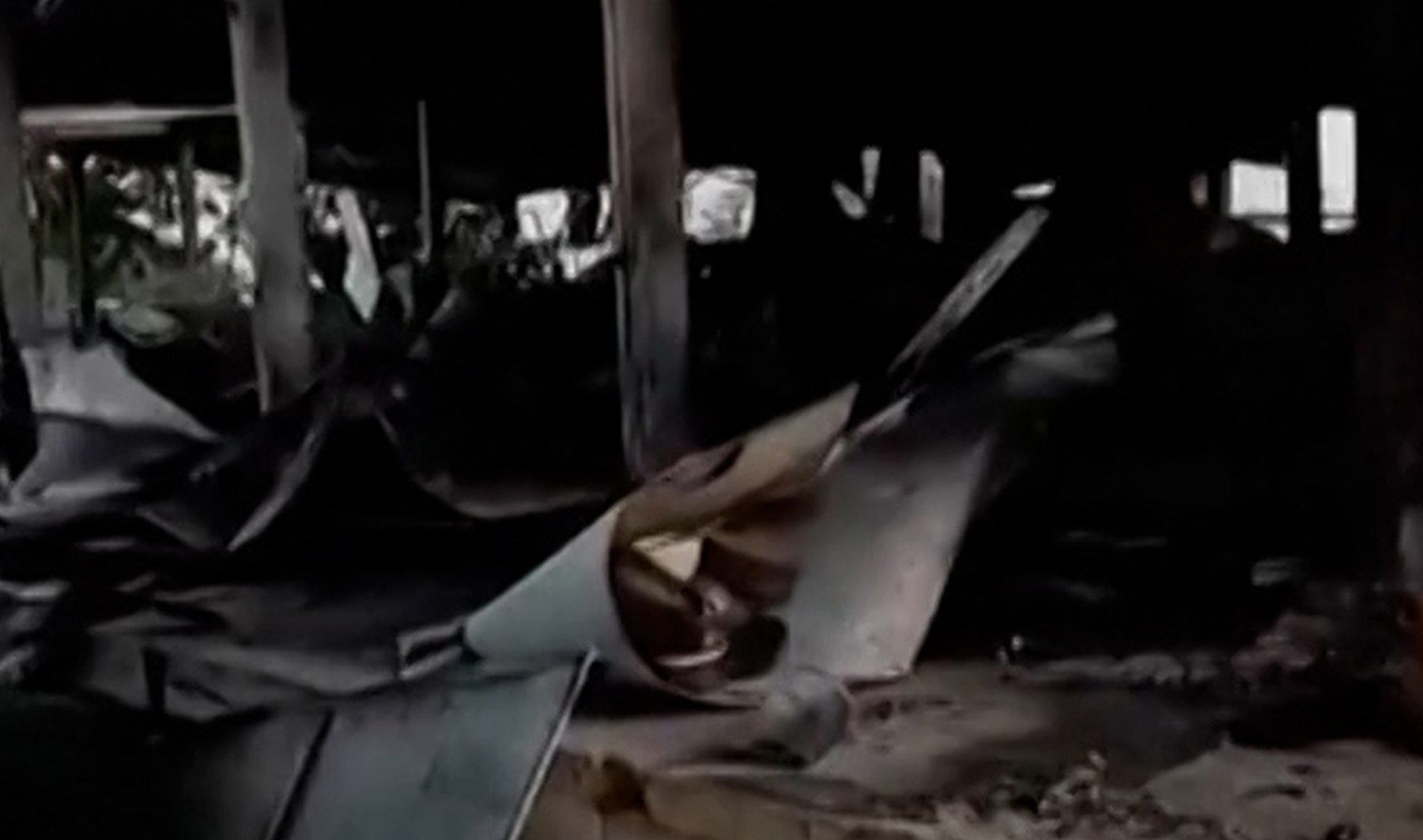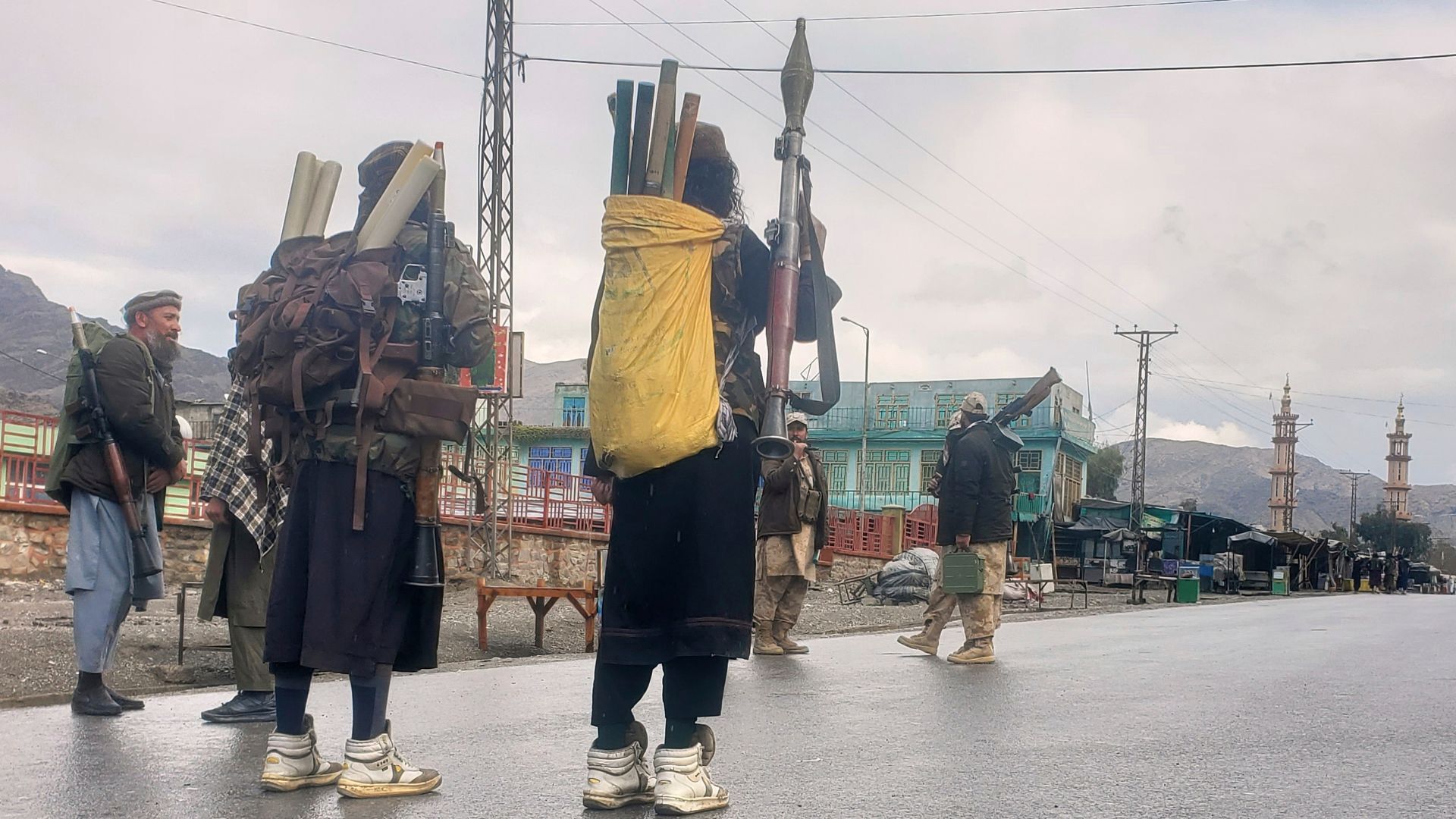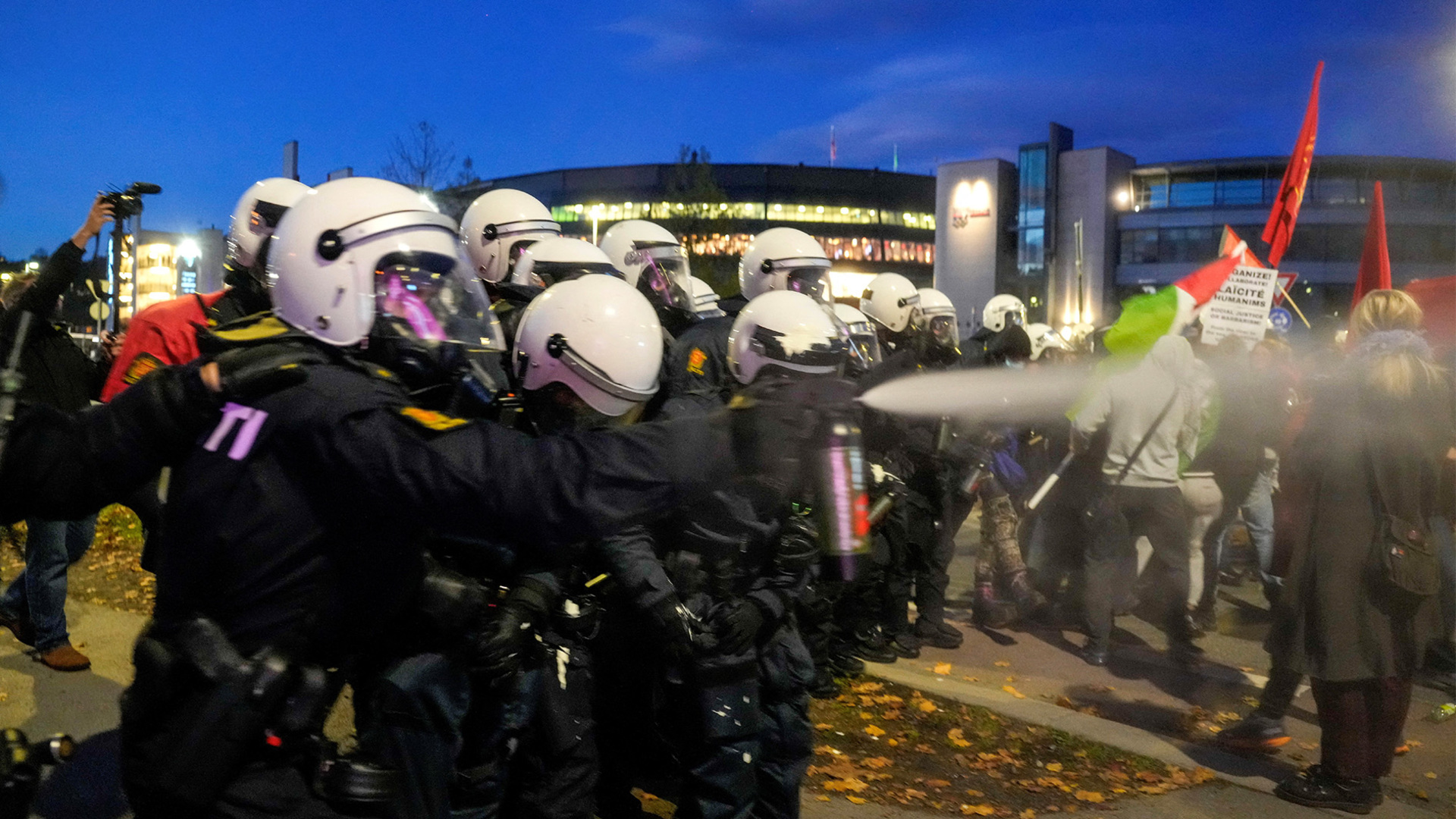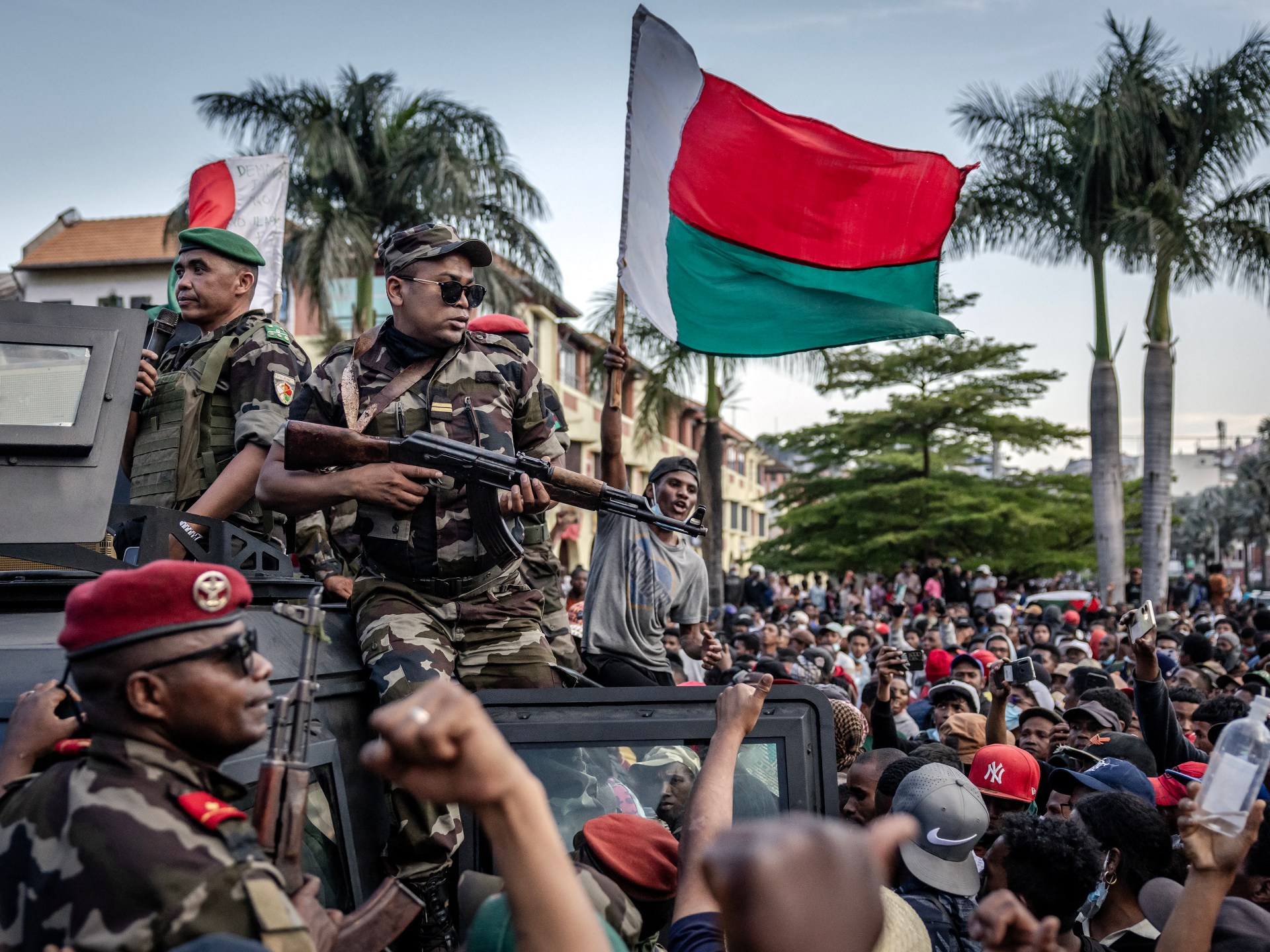A renegade military unit in Madagascar has announced that it will take control of the armed forces, intensifying a crisis after the elite soldiers who once helped bring the current president to power switched sides to join antigovernment protesters.
“From now on, all orders of the Malagasy army – whether land, air or [naval] – will originate from CAPSAT headquarters,” officers from the administrative and technical contingent said in a video message on Sunday.
Recommended Stories
list of 4 itemsend of list
The declaration came hours after the presidency accused unnamed forces of attempting to overthrow President Andry Rajoelina. In a statement, the presidency said “an attempted illegal and forcible seizure of power” was under way in the African nation, without providing details.
The crisis marks the gravest threat to Rajoelina’s rule since his disputed 2023 reelection, with the very soldiers who installed him through a 2009 coup now turning against him.
On Saturday, military personnel from the CAPSAT, an influential army unit urged their comrades to stop following orders and instead back the youth-led uprising.
“We have become bootlickers,” some members of the unit said in a video posted on social media. “We have chosen to submit and execute orders, even illegal ones, instead of protecting the population and their property.”
“Do not obey orders from your superiors. Point your weapons at those who order you to fire on your comrades in arms because they will not take care of our families if we die,” they said.
Prime Minister Ruphin Fortunat Zafisambo, a military general appointed after Rajoelina dismissed his predecessor under pressure from demonstrators, said the government was “fully ready to listen and engage in dialogue with all factions – youth, unions or the military”.
Madagascar’s army has a long history of intervening in politics during crises. Since independence in 1960, it has backed or led several power shifts, including coups in the 1970s and in 2009, when it helped oust President Marc Ravalomanana and bring reformist mayor, Rajoelina, to power.
Though the military has stayed mostly in the background in recent years, it remains an influential force in the country’s often fragile political landscape.
The current protests began in late September as rallies against chronic water and electricity shortages but have escalated into the gravest threat to Rajoelina’s authority since he won a disputed second term in 2023.
Only around one-third of the population has electricity access, the IMF reports, with blackouts routinely stretching beyond eight hours daily.
“People don’t have refrigeration for medication, don’t have water for basic hygiene, and then there’s massive corruption,” Ketakandriana Rafitoson, the global vice chair of Transparency International, told the Reuters news agency.
The United Nations says at least 22 people have been killed and more than 100 injured since the protests erupted on September 25, though the government disputes these figures.
Security forces have frequently clashed with demonstators firing tear gas and rubber bullets.
The announcement by members of the CAPSAT unit marked a dramatic turn in the country’s weeklong political crisis.
After the soldiers broke ranks and they escorted thousands of protesters into May 13 Square, a symbolic site for political uprisings that had been sealed off and heavily guarded throughout the last few weeks, in the capital, Antananarivo.
Videos shared online showed CAPSAT troops addressing crowds outside the capital’s town hall, with demonstrators and military personnel standing together atop a destroyed police vehicle.
Demonstrators, most of them young people and university students, are demanding that Rajoelina resign, apologise to the nation, and dissolve the Senate and electoral commission.
The protesters, organised under the banner Gen Z Madagascar, have rejected repeated government offers for talks, saying in a statement: “We do not reach out to a regime that every day crushes those who stand up for justice.”
The movement, which has drawn inspiration from youth-led protests that toppled governments in Nepal and Sri Lanka, has adopted a pirate skull and crossbones symbol from borrowed a skull-and-crossbones image from the anime One Piece.
The Chairperson of the African Union Commission, Mahmoud Ali Youssouf, issued a statement expressing “deep concern” over developments in Madagascar and called on all parties to “exercise calm and restraint.”
